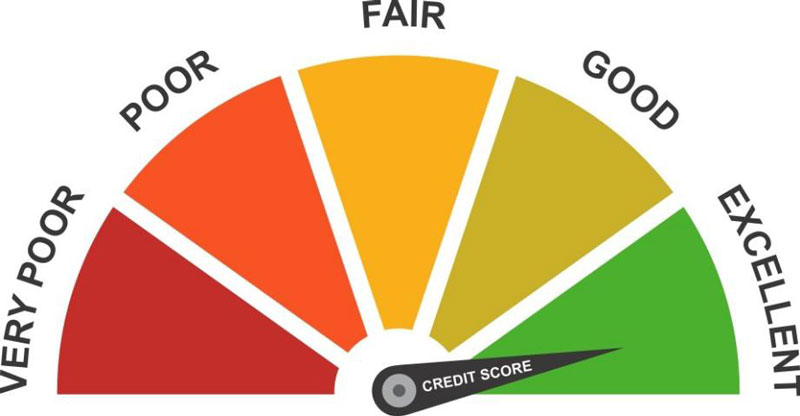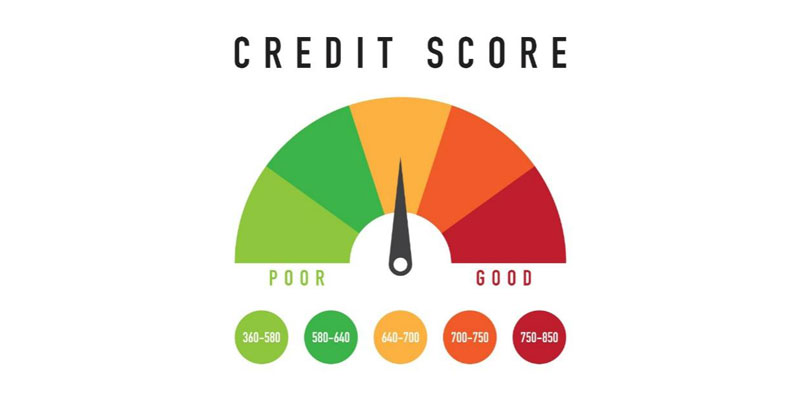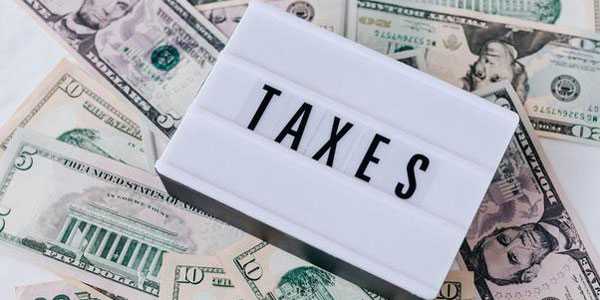The credit score and the report are essential in determining eligibility for everything from credit cards and loans to rental apartments, as well as some insurance policies. Your credit scores are on the information in your credit report. However, there are some key differences in the ways they are utilized. This is why knowing your financial situation requires an in-depth understanding of your credit score and report.
Credit Report
The credit reports you receive provide you with a complete overview of your available credit lines and the payment history, but they don't provide information about your score on credit. Three of the major credit reporting companies, TransUnion, Experian, and Equifax, are the ones who compile your reports. Credit reports can be as long as several pages, detailing your credit and how well you've paid off any outstanding balances. Repossessions, for example, or bankruptcies can also be seen in your credit reports.
Suppose you've not had credit accounts in the past and are unsure if you have credit reports. It's crucial to establish credit history as credit reports can be used to determine the eligibility of applicants for credit cards, loans, insurance policies and even jobs. Reports may contain mistakes; therefore, it's crucial to scrutinize them thoroughly and then dispute any mistakes you spot with the business that issued the report. The most efficient method of disputing is via the internet; however, you can also contact them via phone or mail. All consumers can receive complimentary credit scores from all three credit-reporting agencies.
Credit Rating
When establishing a credit rating, each agency can establish its standards; however, the most widely used ratings are created through S&''P Global. It utilizes AAA ratings for companies or governments with the highest capacity to fulfill financial obligations, then AA, A, BBB, BB, B, CCC, CC, C, and D for default. Pluses and minuses could be added to help distinguish the ratings from AA to CCC.
To calculate this rating, S&''P analyzes a government's or business's experience taking loans and repaying them. Fitch Ratings and Moody's are two additional companies that provide credit ratings. These three companies also give forecast ratings--"negative," "positive," "stable," and "developing"--to nations. They show the possible development of a country's credit rating in the coming 6 months to 2 years.

How Can You Increase Your Credit Score?
A great credit rating report or score is all about proving a history of responsible borrowing. How these tools and reports are utilized differs between lenders; however, paying off your debts in time and complete is essential to creating a strong credit record.
It is also important to be sure that the information provided by credit agencies is correct; for example, you should make sure that you update the electoral register whenever you move, as this will be used to confirm your address. If you've had issues with debt in the past, it might take time to repair your credit score. If you've never had credit, there is nothing that lenders can use to prove your creditworthiness. In this case, you should look into applying for credit in small amounts and pay it back regularly to establish a credit history.
Consumer Credit Scores
Contrary to credit scores are generally presented in numbers. The most frequently used credit score in consumer lending decision-making is the FICO or Fair Isaac Corporation score. FICO uses data from three major credit bureaus to determine a person's credit score. Three bureaus create their credit scores for individual customers, known as VantageScores. These scores will give you a picture of your credit score and the influences that affect it; however, most lenders, about 90%, use the FICO score instead of these scores when evaluating the creditworthiness of a person.
Credit-related factors like your payments history, the amount you owe, the length of time your credit cards have been opened (your credit score), new credit, and the mixture of credit types are incorporated into the FICO score. Scores vary from 300 to 850, and the higher a person's score, the higher the interest rate is likely to be.
Every lender has specific guidelines for lending credit; however, generally, scores of 740 or more are considered very excellent or exceptional, whereas scores 670-740 are considered acceptable and indicate an assumption that the buyer is secure. Scores that are lower than 670 but above 579 are considered fair. The borrower with a score in this range might have a few lapses in their credit history. Scores that are less than 580 are considered extremely poor.





